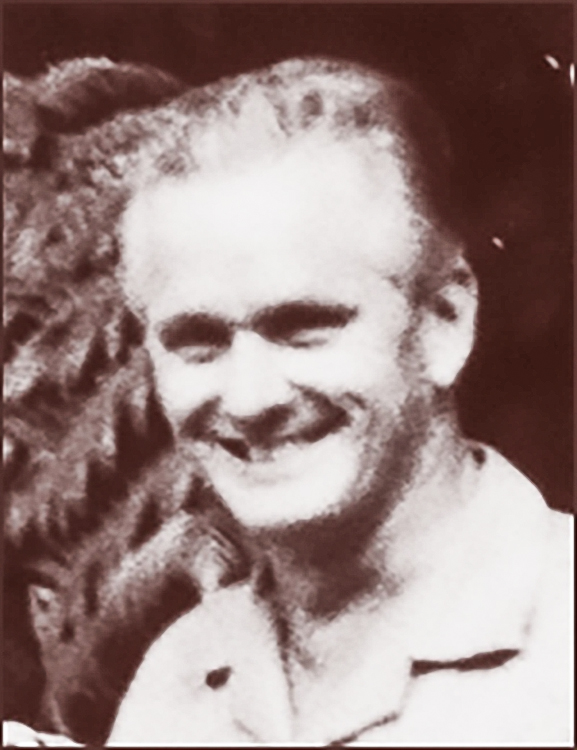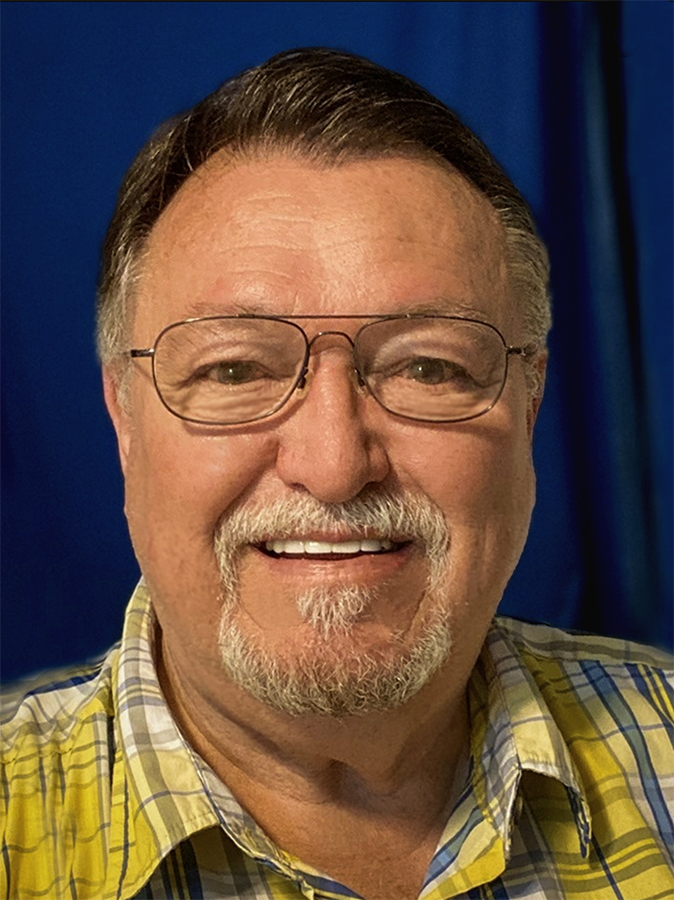
[Excerpted from Vern Hardisty’s oral history; reprinted in pcc50.com, October 26, 2012]
Introduction: “Colonel” Hardisty, a retired Air Force Lt. Colonel who had previously been stationed in Hawaii, served as general manager of the Cultural Center from 1969 until 1975.
In Colonel Hardisty’s words: …The first time I held a staff meeting I didn’t know who [the managers] were, so I told Josephine Moea’i — bless her heart, probably one of the finest women I have ever met …to just have all those people who reported to the general manager come to my office the next day for a meeting.
Well, I opened the door and 22 people trooped in, and then I knew I had a problem immediately.
…I spent time introducing myself and I tried not to reveal any more ignorance about myself than was necessary, because I certainly was not abreast of anything heavily going on at the Center.
I had come out the evening before with George Q. Cannon to see the show, but other than that I really didn’t know much about the Center. I’d only been out here once in my life…when I brought my mother to see this new Mormon enterprise.
So, when these 22 people walked in, I knew organizationally I was in trouble. I went down to the gift shop after I got through…got a 25-foot piece of wide butcher paper, brought it up, stretched it
across my office, and I started.
It took two or three weeks to come up with some semblance of an organizational pattern that, I thought, we could work with and pare down this large grouping to maybe six, seven or eight.
I think we finally ended up with seven staff sections at that time, because it was pretty hard to put too much responsibility on anybody because there just wasn’t enough expertise here.
David Hannemann had been the operations manager and Larry Haneberg was the general manager, and then there was Wynn Hewlett downtown as the marketing manager. You might say Dave Hannemann really almost ran everything because, I think, the theater, food, beverage, the villages, everything operationally was under his control.
But all those people were gone… the only thing I had was a business office… A senior accountant, Frankie McPhee, ran the business office, and, discussing with her, I could see that she knew enough about bookkeeping and basic accounting procedures that with the magnitude of the operations, we probably wouldn’t have too much trouble there.
When I asked her various questions, it seemed to trigger a system she had seen before, and we progressively built a fairly decent control system in those first few months.
Shortly thereafter, I remember I

hired Glenn Kukahiko who managed the villages; and, I believe, at the same time Sam Langi became the theater manager…
It was a big business operation and we never pretended otherwise, but in a business, you know, we could work out the problems with the food operations.
We could work out the theater problems and keep it tight. The people who worked there primarily came from CCH at that time and the local community, and all were basically people who had been told and taught that the Prophet David O. McKay said the place would be, and they never forgot that.
I think it was one of the first impressions made on me.
[Update: “Colonel” Hardisty started his military service during World War II in the Navy, and later became a career Air Force pilot with service in Viet Nam.
He passed away at his home in Windsor, California, on June 5, 2006.]

